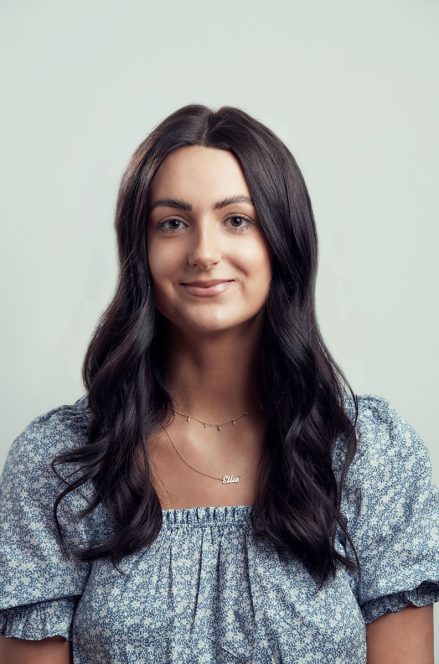
Laurel builds a new world for herself, outside her splintered family. She lets it fall apart around her, culminating in her letting her husband walk away and into the arms of another – much nicer – woman, without even really registering that it has happened.

Without Ellie around to buoy her up, and with her mother losing the will to live after a stroke leaves her in an old people’s home unable to speak properly, Laurel soon loses her grip on the life she’d spent so long building. The one she wouldn’t want to be stranded on a desert island with". But when her special girl, Ellie, disappears a week before her GCSE’s, all the things she had once found 'bothersome' fade into insignificance and all she is left with is a husband who she now perceives to be 'too nice', flaky son Jake who, seeing no place for himself in his mother’s home, drifts away into an intense relationship with a girl in the west county, and a strained relationship with her eldest daughter Hanna, who she describes as "her middle child. Laurel describes herself as a half-glass-empty person, the type of woman who "could find much to complain about in even the most pleasant of scenarios and condense the joy of good news into a short-lived moment, quickly curtailed by some new bothersome concern." But she is a good mother and a good wife and despite her natural tendency towards pessimism, she has enough bright people in her life to balance her out. She adores her mother for her girlish enthusiasm, she chose Paul Mack as her husband, for his goodness and gentleness, and her favourite of her three children - although of course no parent would ever have a favourite - is sunshiney Ellie, the golden girl.

.jpg)
Laurel Mack is attracted to bright, uncomplicated people.


 0 kommentar(er)
0 kommentar(er)
